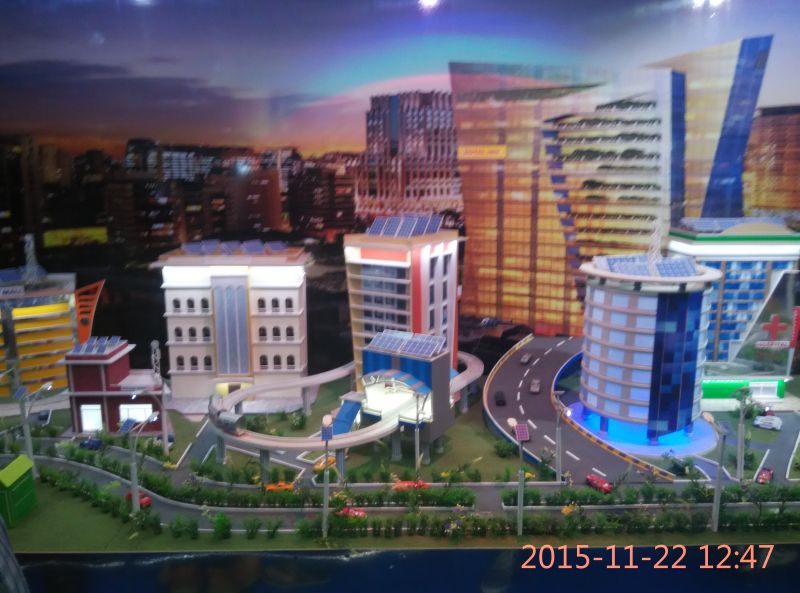IBM Extends Smarter Cities Challenges Grant
Published on by Water Network Research, Official research team of The Water Network in Investor
IBM is extending the annual Smarter Cities Challenge, a worldwide grant program that provides pro bono consulting to help cities improve the critical services they provide to their citizens.
 For this next round, the company is seeking proposals from city leaders that could benefit greatly from IBM's technology such as data analytics, cloud computing, cognitive computing, and comprehensive weather data.
For this next round, the company is seeking proposals from city leaders that could benefit greatly from IBM's technology such as data analytics, cloud computing, cognitive computing, and comprehensive weather data.
Leaders of cities or regional governments must submit brief statements of interest to IBM by February 24. Ten grant recipients for pro bono consulting engagements will be announced in late spring.
Smarter Cities Challenge grant recipients receive a team of five or six IBM employees who are deployed to the country for three weeks to work closely with local government and community leaders. They analyze the data they gathered and use its insights to offer support that can take the form of strategic recommendations, data-driven tools, implementation roadmaps and workshops, and staff training.
Cities have used insights from the data analytics provided by their Smarter Cities Challenge grants to improve affordable housing, economic development, infrastructure and urban planning, public safety, social equity, social services, transportation, and water, energy, and the environment. For example:
As a result of implementing IBM's innovative recommendations, cities worldwide have also earned recognition for their efforts. Townsville, Australia earned the prestigious National Smart Infrastructure Award for a project to reduce water consumption. Pingtung County, Taiwan won the 2015 Energy Smart Communities Initiative for its implementation of a smart microgrid for renewable energy. And Cheongju, Korea received the country’s Minister's Citation of Public Administration and Security for best practice in budget efficiency.
"Cities around the world are under enormous, daily pressure to tackle growing challenges with ever more limited resources," said Jennifer Crozier, IBM’s vice president of Global Citizenship Initiatives. "Often, they lack access to the most innovative technology solutions and insights that could be applied to solve those problems and improve services. We look forward to sharing IBM’s data and analytics and cognitive computing expertise to help make meaningful and lasting improvements."
Source: EnterpriseInnovation
Media
Taxonomy
- Water
- Smart City
- Green Technology
- Green Building
- Sustainable Cities
- Urban Design
1 Comment
-
We can help with our Solution in the WATER-ENERGY Nexus with WATENER